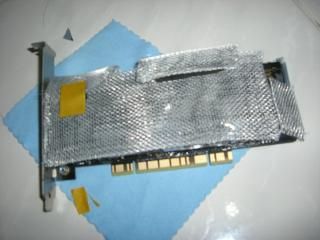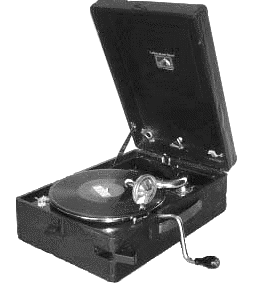EMI/RFI
Electromagnetic interference (or EMI, also called radio frequency interference or RFI) is a disturbance that affects an electrical circuit due to electromagnetic radiation emitted from an external source. The disturbance may interrupt, obstruct, or otherwise degrade or limit the effective performance of the circuit.
Narrowband interference usually arises from intentional transmissions such as radio and TV stations, pager transmitters, cell phones, etc. Broadband interference usually comes from incidental radio frequency emitters. These include electric power transmission lines, electric motors, thermostats, bug zappers, etc.
Anywhere electrical power is being turned off and on rapidly is a potential source. Included in this category are computers and other digital equipment as well as televisions. The rich harmonic content of these devices means that they can interfere over a very broad spectrum. Characteristic of broadband RFI is an inability to filter it effectively once it has entered the receiver chain.
Source: http://en.wikipedia.org/wiki/Radio_frequency_interference
Wow, a computer is a source of electrical noise by design.
It has bit streams (on/off switching) , high clock speeds , motors (fan, hard disk) and a switched power supply to.
Is it possible to get a decent sound out of such noisy environment?
In a forum audible difference between WAV and FLAC was reported. Now this sounds highly unlikely. Both formats are lossless so when played should be identical.
The explanation was that because FLAC is lossless compression and WAV is not compressed, the extra system power needed to uncompressing FLAC has influence on the performance of the sound card.
This might be caused by RFI, it might also be a matter of fluctuations in voltage but somehow the sound quality was said to be different.
Claims that sound quality is depended on system load are made often.
It looks like that the average soundcard is very susceptible to system load.
As they are supposed to be used inside a PC one might argue that most of them are not up to their job.
The solution in general is to minimize system activities as much as possible.
Less is more is obvious the name of this purist game.
Some shield their sound cards using RFI cloth or metal (don't make a short cut!)
Replacing the voltage regulators or a separate PSU for the soundcard is an option to shield the soundcard from the fluctuations in power.

However it is very hard to test if all the tweaks applied do make sense.
The time lapse is simply to big too do a reliable AB comparison.
A simple test might be to do the reverse.
- Play some music
- Start a backup, let a spreadsheet do a lot of calculating
- Check if you can hear a difference.
The assumption is that if lowering system load is beneficial, increasing it should be detrimental.

